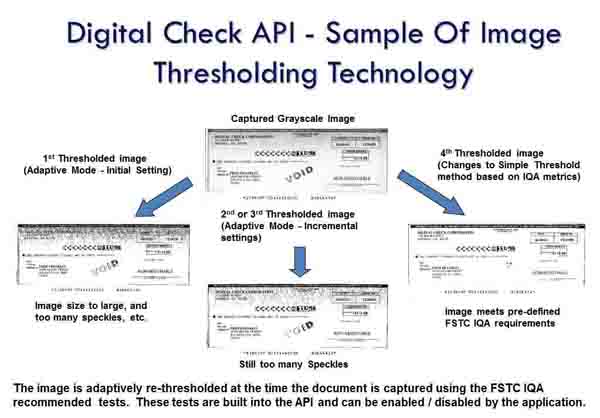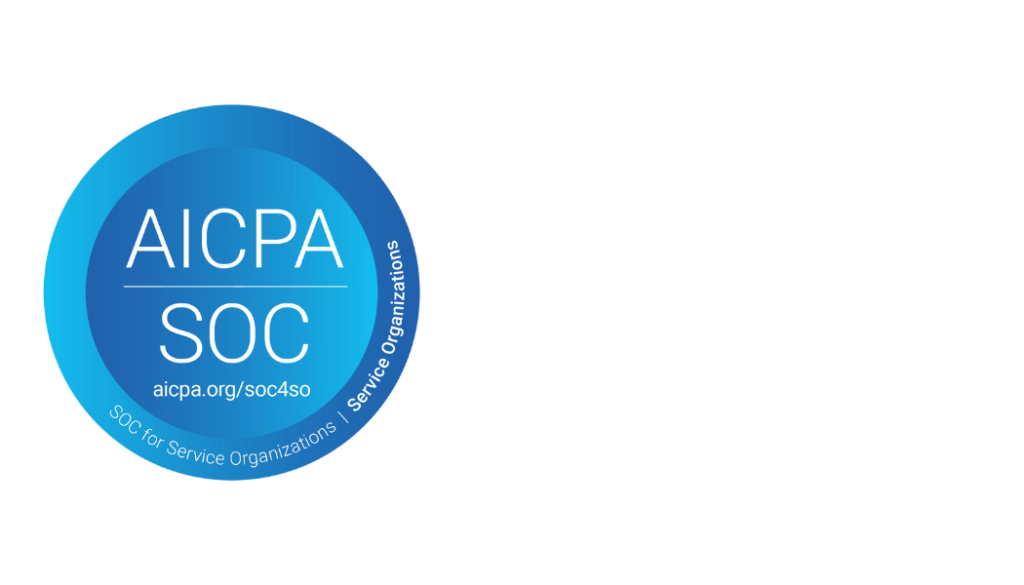| It’s all about the image — at least, that’s what check scanners are all about. A check scanner is only as good as the images it produces. Digital Check has a reputation in the check scanning industry for producing the most reliable scanners that produce the highest quality images.
Image quality is dependent on a few different factors, including, the consistency of the transport speed, the resolution of the image sensors, and the methodology used by the API to process the image. Most scanner manufacturers have come to parity in producing scanners with consistent transports and 300 dpi sensors, so the real differentiator is how the API processes the image. Over ten years ago, Digital Check introduced our Best Read® technology into our API. Best Read MICR incorporates four different algorithms (three magnetic and one OCR) designed to read checks with weak, normal, or strong MICR signals, each confirmed with Digital Check’s first-of-its-kind OCR (optical character recognition) verify feature.
What is Adaptive Thresholding?Best Read Image utilizes adaptive thresholding, a feature that intelligently looks for and retains characters on the check while eliminating background images on the item. What this means is that those background pictures of cars, cats, and other images are intelligently removed from the final black and white image while the data on the check is retained and enhanced for reading by the CAR/LAR (courtesy and legal amount recognition) software. Higher quality images mean less human intervention and lower cost to process the item. The cost of correcting a CAR/LAR misread averages $0.10 per item. If the average teller workstation processes 500 checks per day and the average branch has 6 active workstations, the cost per branch per day would be $300 per day or $93,600 per year. The cost of poor image quality is significant. For more information about Digital Check’s API with Best Read technology, contact us online or call 847-446-2285.
Be sure to check out our related products:
|
What’s New in Digital Check API 12.0?
|






